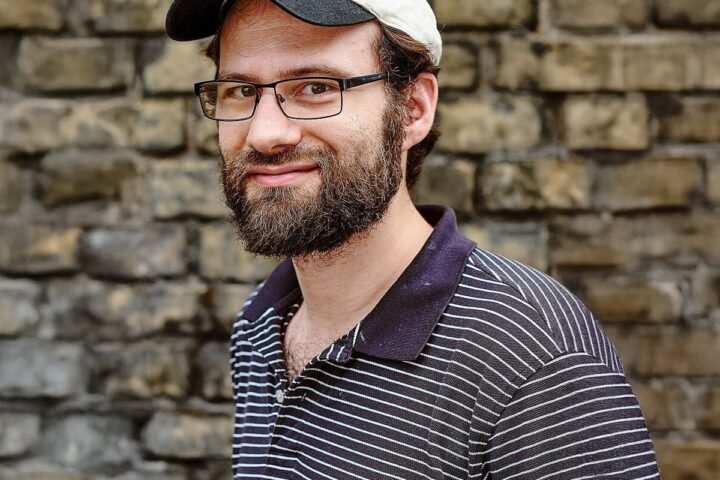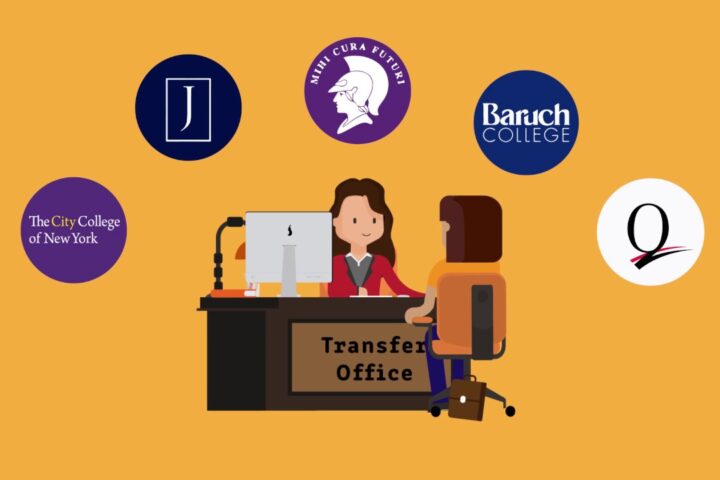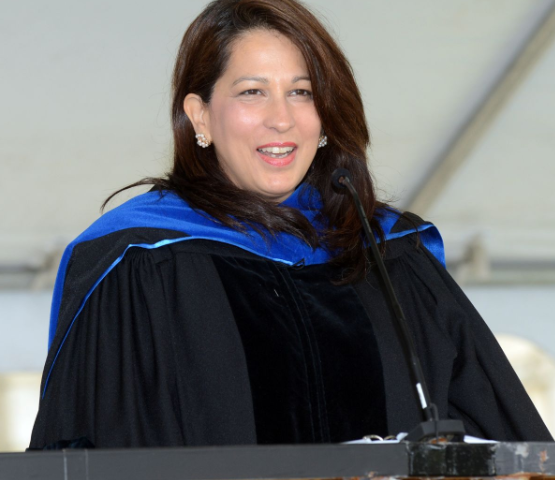The Fight for 15 campaign is growing across the U.S., but some Queens College students doubt whether it is possible to do.
The campaign calls for the minimum wage to rise to $15 per hour. Under the federal law, minimum wage is $7.25 per hour. But some states and cities have it higher, like Seattle, where it is $15 per hour.
Giovanni Deleo, a sophomore, said higher wages may help cover expenses like tuition for students.
“With a raise in wages, it could definitely make paying off future loans a lot easier,” Deleo said.
Students are fearful of taking out loans without paying it off. One in five Americans over the age of 25 have student debt, according a June 2013 report from the Urban Institute. A $15-per-hour minimum wage may help pay off such loans.
However, some students felt the proposed measure may lead to bigger issues, like inflation or job loss.
“By raising the minimum wage by such a large amount, you’re leaving other jobs with a substantial increase in wages, inflation and [other] big problems,” Florence Yuen, sophomore, said.
The Fight for 15 movement received support from some politicians like democratic presidential candidates Martin O’Malley and Bernie Sanders. Hillary Clinton, also a democratic candidate, prefers $12 per hour.
Meanwhile, republican presidential candidates, like Donald Trump and Ben Carson, rejected calls to increase it.
New York Governor Andrew Cuomo announced in November that the minimum wage for state employees living in New York City would increase to $15 per hour by Dec. 31, 2018. In addition, his administration approved raising it for fast-food workers by the end of 2018 as well.
“If you work full-time, you shouldn’t have to live in poverty—plain and simple,” Cuomo said.
Angelo Zamudio, a senior, said increasing the minimum wage to $15 per hour is too much as such jobs earning the lowest pay did not deserve a high hike.
“$15 an hour? Most paramedics don’t even get paid $15 an hour, so why should people who flip burgers and take orders get that amount?” Zamudio said.













